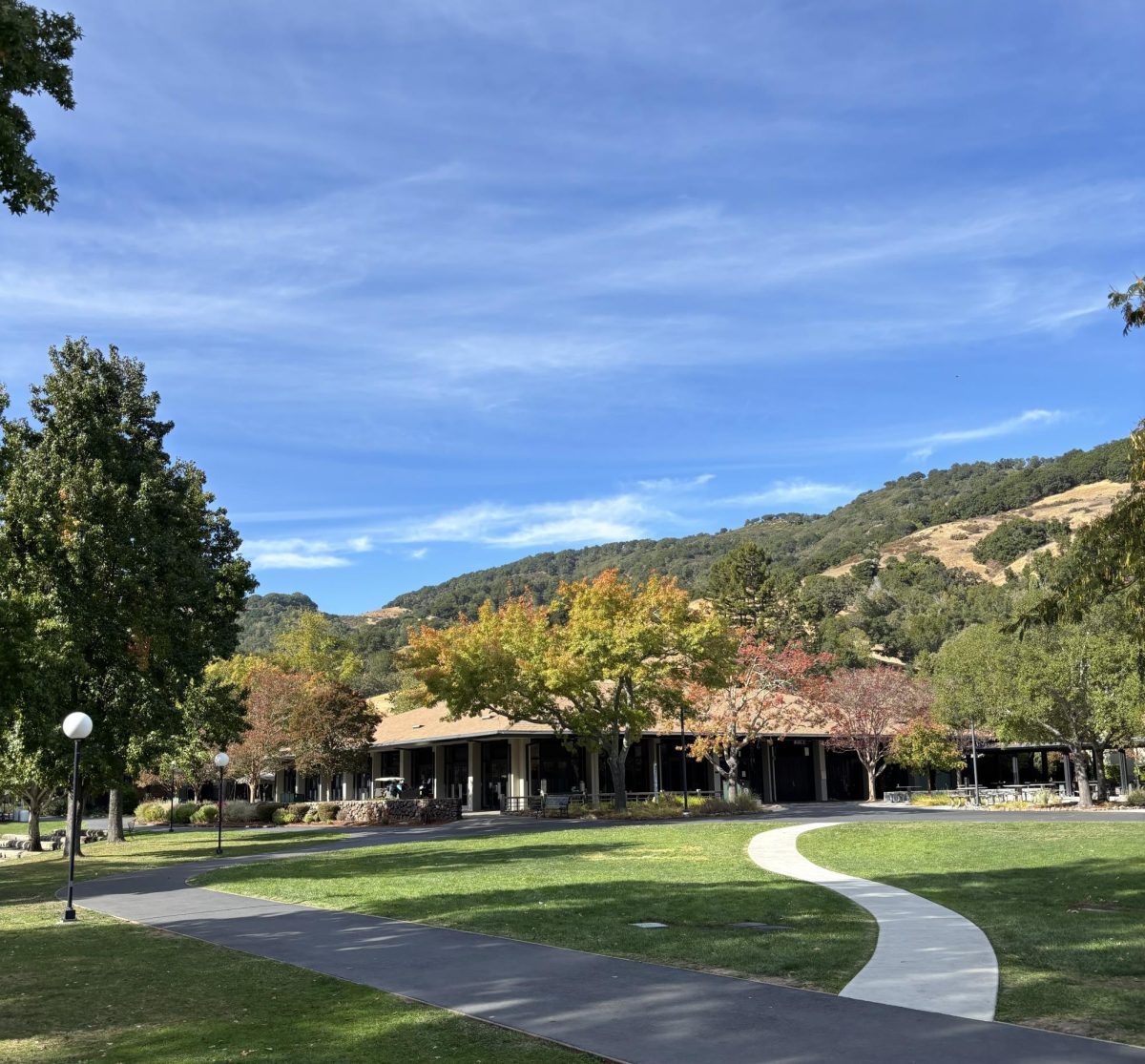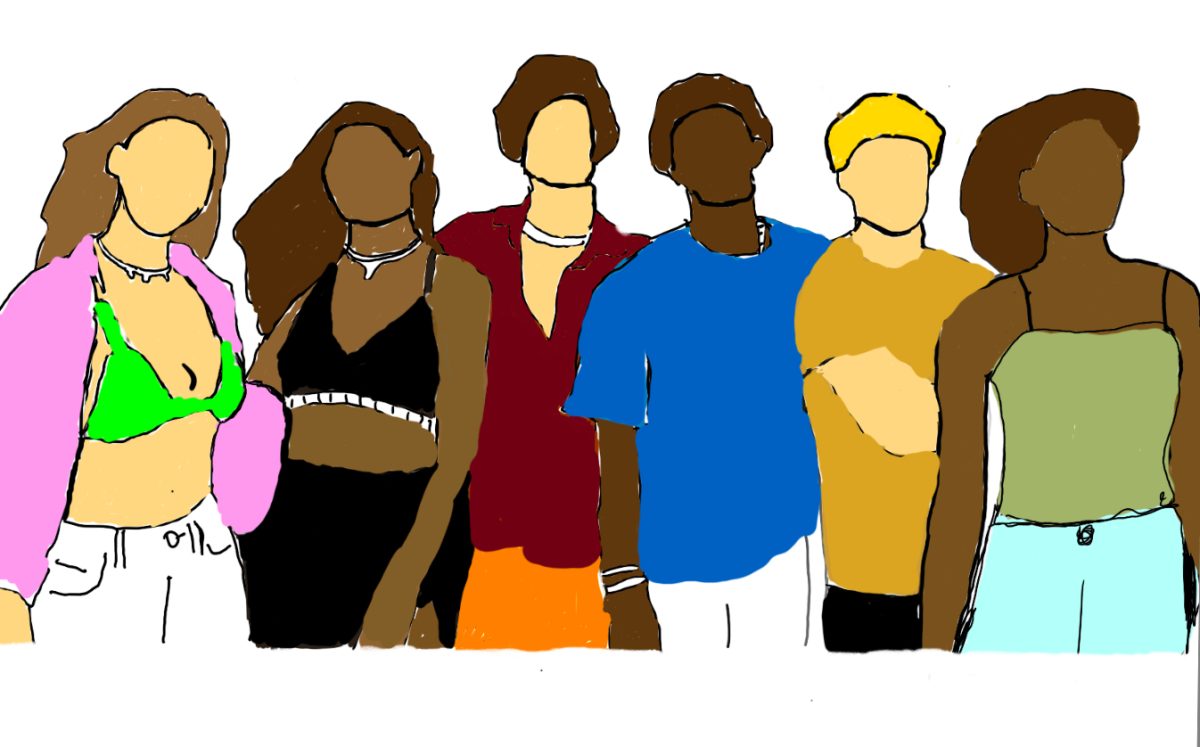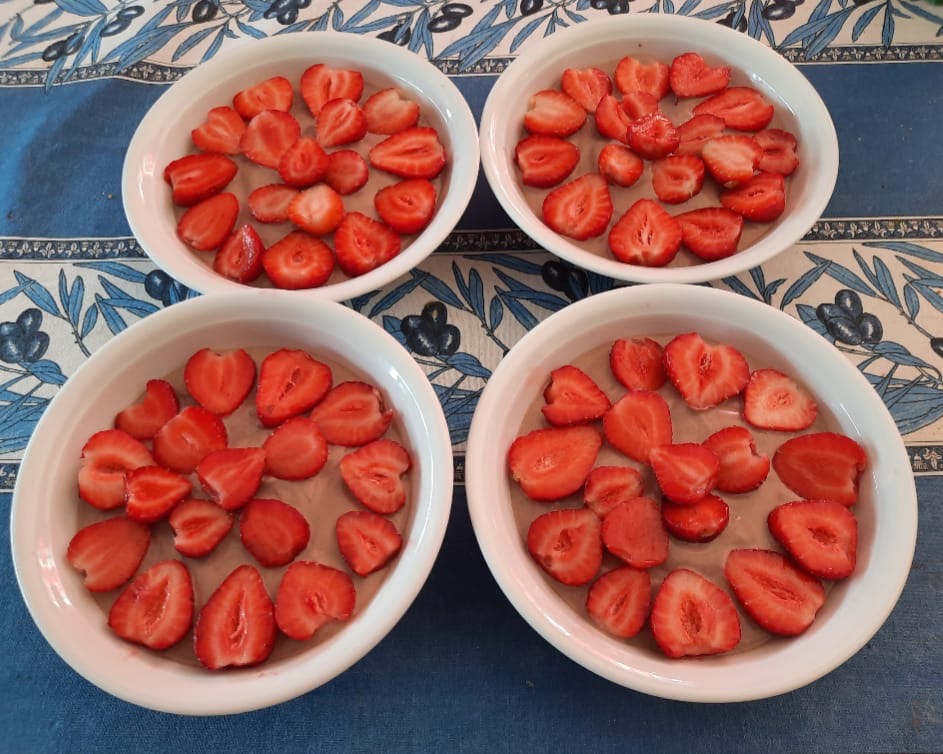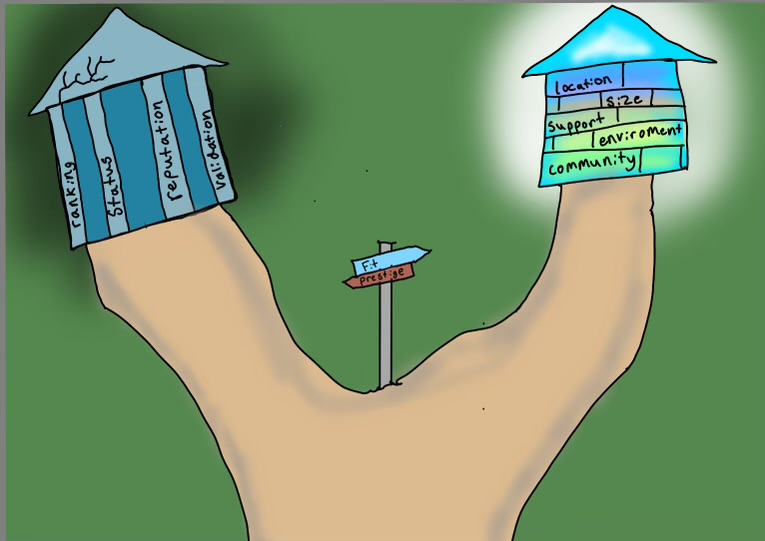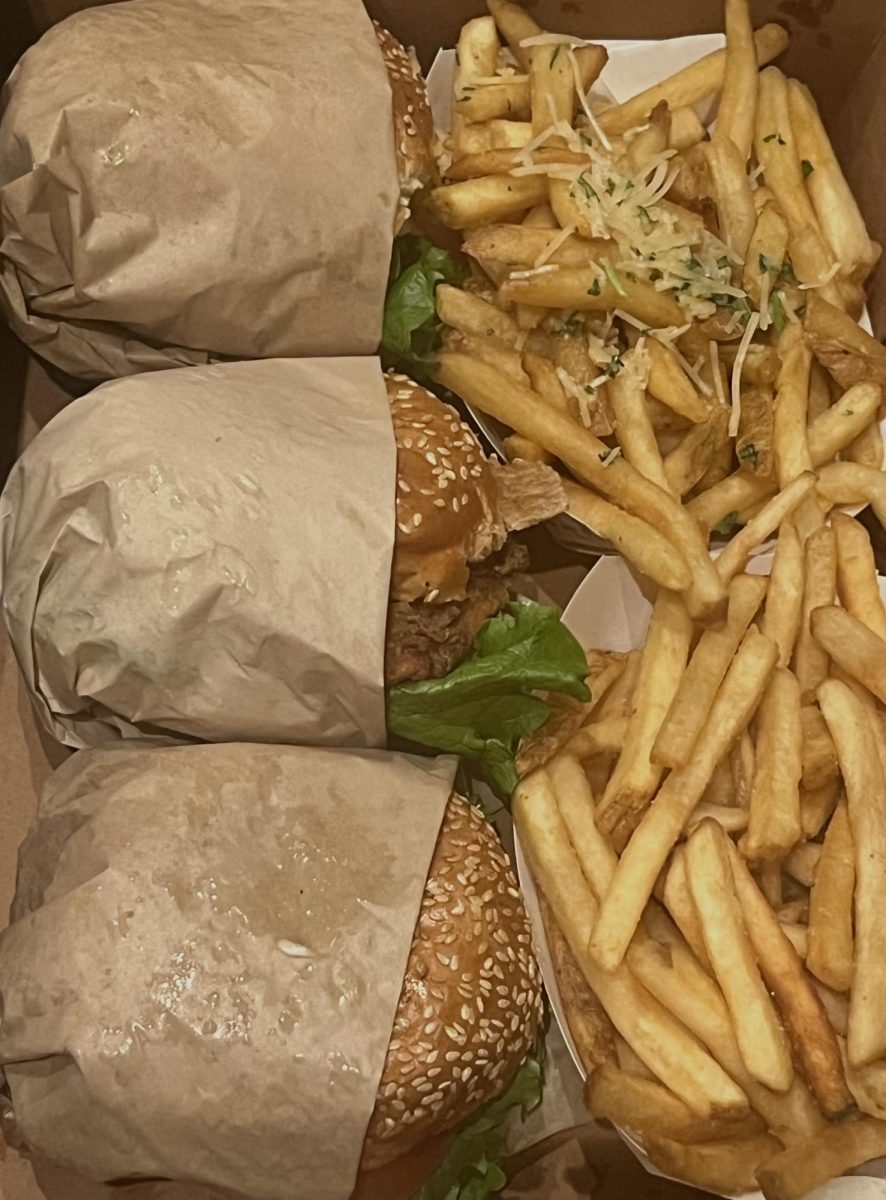Questions like “Do you want some ice cream?” or “ Why won’t you try some of my steak?” and comments like “You can’t eat it? That is so weird” or “You are the first person that has ever denied the school’s cookies” surrounded me while I was sitting at my lunch table.
“I am vegan.”
Blushed cheeks. Uncomfortable silence.
This time, I am shocked with
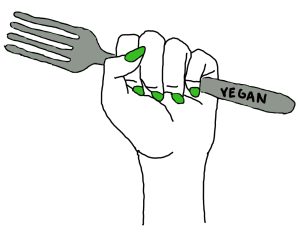
the lack of curiosity I notice next to me.
“Oh, okay,” They replied. The conversation continued, this time about a shopping spree that they had planned for the next day.
My mind did not move away from the topic, however. I kept on thinking about the taboo that seems to follow veganism in our society.
The term “vegan” means a person who does not eat any food derived from animals and who typically does not use other animal products.
Suddenly, I noticed something that raised an interesting point of ambiguity. The word “typically” implies a level of flexibility, which could be suggesting that there may be variations in how individuals interact with their diets and values.
Would a true vegan avoid eating animal products at all times, or is this term a broad descriptor for different practices that try to minimize animal cruelty? What are the real reasons people “choose kindness, choose vegan”?
San Domenico’s director of sustainability Shelley Flint shared her thoughts regarding this controversial issue.
“Most of the people who I have met did it for environmental and animal rights issues,” Flint said. “For others it’s health-based, as for example meat and dairy are lower vibrational foods. But of course, the topic of veganism can be really divisive for people.”
Affirmatively, one of the most significant motives behind going vegan is health. It has been proved that veganism reduces risks of heart, chronic diseases and type 2 diabetes, as the diet tends to be lower on cholesterol and saturated fats.
Being vegan can also help prevent mortal diseases. Yes, you read that right. Red meat has been linked to colorectal cancer. But most importantly, going green can help improve glycemic control, body weight and cardiovascular factors.
What you eat really does have an impact on your body, which is why you should not only think before you speak, but before you eat.
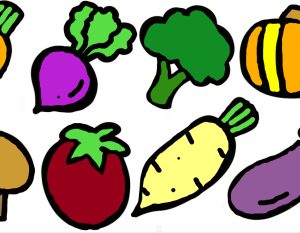
Many amy choose to be vegan, and to harvest happiness, as animal farming is one of the main reasons for alarming environmental global issues. The association IAPWA has demonstrated that animal agriculture is responsible for 18% of the greenhouse gases emissions worldwide, which is more than what all transportation methods combined release annually.
The contribution of cows to these types of gasses in the atmosphere is significant, as they release methane continuously.
As living organisms, these creatures need to be fed and maintained so their meat quality is not compromised. They require food and water to survive, which puts pressure on our finite resources.
Imagine combining China’s territory with Canada and Russia two times. That is the amount of land that animal farming uses, which causes problems like deforestation. In countries like Brazil, workers set forests on fire to clear space for plantations where animals can live.
Even though it is difficult for the human species to stop consuming meat, as we are carnivores, it would significantly reduce our carbon footprint.
Similarly, water is being polluted, as the crops that are grown to feed animals have multiple toxic products like pesticides that get into the waterways.
Sophomore, Katharina Gosch, who tried being vegan for a short period of time, clarified a common misconception regarding veganism.
“Many people think that there are only two options: eating all animal products or eating none,” Gosch said. “But even by reducing the amount [of animal products] we eat, it can already have a big impact [on the environment].”
For the majority of people, their decision to become vegan is for ethical causes. Common slogans like “peace begins on your plate” are exactly what some individuals believe veganism is all about.
Violet Abta, a sophomore at San Domenico, is not vegan but vegetarian. However, she stated that both have a common passion.
“People change their diets for different reasons and it is complicated,” Abta said. “I started being a vegetarian once I got chickens. I love animals, so I felt bad for harming them.”
A vast quantity of human beings believe animals have rights and that they should not be exploited for entertainment, fashion or food. Veganism seeks to eliminate suffering and pain for these creatures.
There are some others that point out that animal harm is a social injustice, similar to racism and sexism. The adoption of veganism is an extension for fighting for everyone’s rights, as it can be seen for some.
According to the British Hamper company, the number of vegan books available in Waterstones increased by over 9,000 in four years. Each day, more people want to be informed about different dietary options and the world around them.
Diets are changing, but will yours?

